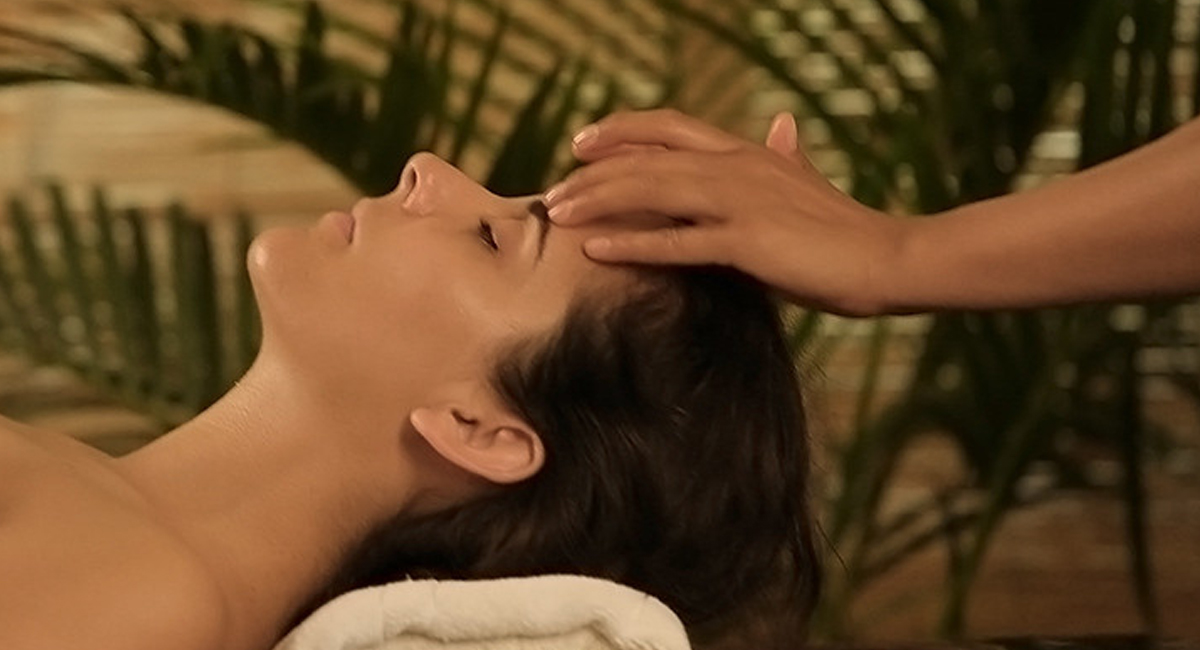
Female Sexual Problems, Causes & Ayurveda Treatments
The causes of sexual problems are as varied and complex as the human race. Some problems stem from a simple, reversible physical problem. Others can stem from more serious medical conditions, difficult life situations, or emotional problems. Any of the following can contribute to sexual problems:
1) Relationship problems: Discord in other aspects of the relationship, such as distribution of labour, childrearing, or money, can cause sexual problems. Issues of control or even abuse in the relationship are especially harmful to sexual harmony. Such problems can prevent a woman from communicating her sexual wants and needs to her partner.
2) Emotional problems: Depression, Anxiety (about sex or other things), Stress, Resentment, and Guilt can all affect a woman's sexual function.
3) Insufficient stimulation: A woman's (or her partner's) lack of knowledge about sexual stimulation and response may prevent a woman from achieving a satisfactory experience.
4) Gynecologic problems: A number of pelvic disorders can cause pain in intercourse and thus decrease satisfaction.
- a) Vaginal dryness: The most common reason for this in younger women is insufficient stimulation. In older women, the decrease in estrogen that occurs in Peri Menopause & Menopause age group is the cause of vaginal dryness. Poor lubrication can also be linked to hormone imbalances and other illnesses and to certain medications. It can inhibit arousal or make intercourse uncomfortable.
- b) Vaginismus: This is a painful spasm of the muscles surrounding the vaginal opening that causes the vaginal opening to "tighten." It can prevent penetration or make penetration extremely painful. Vaginismus can be caused by injuries or scars from surgery, abuse, Fear or childbirth, by infection, or by irritation from douches, spermicides, or condoms.
- c) Sexually Transmitted Diseases: Gonorrhoea, Herpes & Syphilis are infectious diseases spread by sexual contact. They can cause changes in the genitals that make sex uncomfortable or even painful.
- d) Vaginitis: Inflammation and irritation of vaginal tissues due to infection or other causes can make intercourse uncomfortable or painful.
- e) Endometriosis, Pelvic Mass, Ovarian Cyst, Surgical Scars: Any of these can cause an obstruction or anatomical changes that prevent intercourse or make it difficult or painful.
- f) Pelvic inflammatory disease: This is an infection of the vagina that moves up into the Cervix, Uterus, and Ovaries. It can be very painful on its own and make intercourse extremely painful.
- g) Nerve Damage after Surgery: Unavoidable cutting of small nerves during pelvic surgery (such as Hysterectomy) may decrease sensation and response.
5) Physical Conditions: Many physical or medical conditions can decrease a woman's satisfaction with her sex life like: Tiredness (fatigue); Anaemic Conditions; Chronic diseases such as diabetes, Heart Disease, Liver Disease, Kidney Disease, Back Pain etc; Vascular (blood flow) disorders; Hormonal imbalances; Menopause; Pregnancy; Motherhood etc.
6) Medications: Certain medications can reduce desire or arousal. Anti Depressants, Chemotherapy Drugs, drugs for High Blood Pressure, &Anti Psychotic Medications.
7) Other Medical Treatments: Treatments such as Radiation Therapy for certain types of cancer can reduce vaginal lubrication. They can also make skin and the membranes lining the genitals tender and sensitive.
8) History of Abuse: A woman who has suffered sexual or other abuse may have trouble trusting her partner enough to relax and become aroused. She may have feelings of fear, guilt, or resentment that get in the way of a satisfactory experience, even if she cares deeply about her current partner.
9) Attitudes toward sex: Many people, either because of the way they were brought up or because of earlier bad experiences, don't view sex as a normal and enjoyable part of a couple's relationship. They may associate sex or sexual feelings with shame, guilt, fear, or anger.
10) Sexual problems of the partner: If a woman's partner has sexual problems, such as impotence or lack of desire, this can inhibit her own satisfaction.
Female Sexual Disorders & Ayurveda Treatments:
In classics, most of the Female Sexual Dysfunction have been explained in Yonivyapad (Gynecologic Disorders) where some features look very similar to arousal disorder. Acharya Dalhana has given the commentary for the word Apraharsha as Ananda Abhava (Absence of Enjoyment) is the most appropriate term to describe arousal disorder for which Sankalpa (determination, imagination), Dhyeya (meditating), Chintya (thinking), Vicharya (analysing), Oohya (reasoning)which plays a major role. Understanding Manas (mind) as a foremost factor in the Sampraharshana and adopting Satwavajaya Chikitsa(Psychological) to reduce anxiety and minimize the mental fluctuation and promoting a greater degree of relief in the symptoms.
Since Female Sexual Disorders are a condition of Ama accumulation, the treatment should focus on Detoxification/Reduction or Shodana Chikitsa in order to remove the Ama and get the doshas back into their original locations Therefore, Pancha Karma is indicated along with Agneya Chikitsa. Most importantly, the liver should be cleansed or tonified as it has a role in menstruation and hormone production.
The treatment focuses on balancing the imbalances in the person and not on the treatment of the disease or its symptoms. For which Shamana chikitsa (Palliative researched Ayurvedic medicines) and Rasayana Chikitsa (Rejuvenation). Diet restrictions, life style modifications, Stress Management are also the essential factors practiced for the best possible results.
Indeed, it is in the treatment of complex diseases such as Female Sexual Disorders that the gifts of Ayurveda can be truly appreciated.
